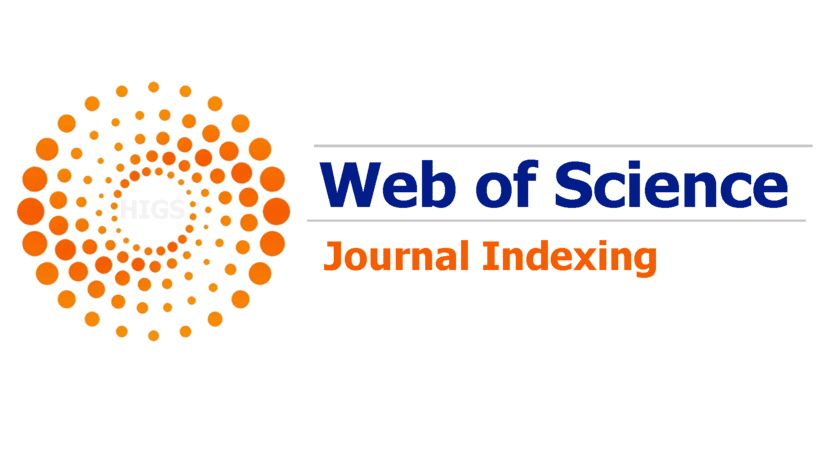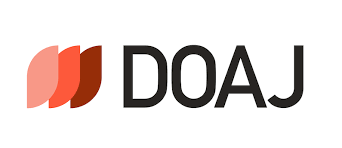Submissions
Submission Preparation Checklist
As part of the submission process, authors are required to check off their submission's compliance with all of the following items, and submissions may be returned to authors that do not adhere to these guidelines.- MANDATORY: for the submission to BE ACCEPTED, it is ESSENTIAL that the name, e-mail, and affiliation of ALL authors have been registered in the system (metadata) by the responsible author so that ALL receive notifications during the submission process. If this condition is NOT met, the submission will be CANCELED, and the MS must be resubmitted. Only English submissions are accepted.
- Attach Cover Letter, certifying the relevance of the results presented, as well as their adequacy for the scope of the BIP; that the MS is original, it has not been and will not be submitted to another journal while it is being evaluated by CEIP. Include mention of the use of Artificial Intelligence (AI) and list of three potencial international reviewers (Name, Institution and email).
- Attach the Certificate of translation carried out by a specialized company or by a professional who can prove proficiency in English (for non-English native authors).
- Attach the Certificate of the Ethics Committee on Animal Experimentation and / or Ethics Committee for research with humans, when applicable.
- Attach PDF file: with full text, author identification (full name, affiliation, e-mail, ORCID registration), tables and figures included.
- In PDF file, inform full name, affiliation, e-mail and ORCID registration number of ALL authors. If you do not have this number, it can be obtained from orcid.org.
-
Make sure that the names of the institutions (affiliations) are presented in full in the institution's original language (up to three hierarchical levels). This procedure is necessary to ensure a good indexing; the complete address of all authors is fundamental.
Figures and tables MUST BE presented throughout the text, not at the end. - Tables should not exceed 16 cm in width and one page in length (including title and legend).
- Check formatting of the bibliographic references presentation, according to the norms presented in the Authors Guidelines. DOI for the references should be informed when they exist.
- If the article is approved, the publication fee is US 50 per final page (PDF) for foreign authors and BRL 100 for authors linked to Brazilian institutions.
Scientific Article
Work resulting from scientific research with original data obtained in a planned manner, based on scientifically accepted methods, rigorously controlled and with adequate statistical planning, which can be replicated and generalized. The discussion must be judicious, with a solid scientific basis; it should not be limited to comparisons of results with the literature, but present inferences, hypotheses and arguments about what was studied.
Mandatory sections: Title, Author(s), Institutional (complete) and electronic addresses of all authors, ORCID registration number, Abstract, Keywords, Introduction, Material and Methods, Results, Discussion, Conclusions, Acknowledgments (optional) and References. It should contain a maximum of 25 pages (including tables, figures and references) and a maximum of six authors. Exceptionally, up to eight authors will be accepted, provided that all participation in the research is duly justified. Change of authorship, inclusion of new authors or exclusion of authors after manuscript submission will not be allowed.
Review Article
Presents in-depth analysis of a given topic or theme of study. Only critical review articles will be considered. They should include more than just a summary of published data (literature review). They must present a critical evaluation of the data, the status of knowledge and the research needed to advance understanding of the subject. The format and length of review articles are more flexible than those of a scientific article. The review article must present the Title, Author(s), Institutional (complete) and electronic addresses of all authors, as well as registration in ORCID, Abstract and Keywords, Abstract, Keywords, Introduction, Discussion, Acknowledgments (optional ) and References. The methodology must inform how the data were obtained and the analysis performed (focus).
Short Communication
Short article with unpublished results of scientific research whose immediate disclosure is justified. This category includes significant observations or exceptional findings from ongoing projects that warrant rapid publication (description of a technique, species discovery recording, parasites in species from a given location, and other unique situations). It must have the same rigor as a scientific article and contain enough data to prove that the research achieved reliable and significant results. Short communications should not be used for preliminary results. The Scientific Note must comprise Title in English, Author(s), Institutional (complete) and electronic addresses of all authors, as well as registration in ORCID, Abstract and Keywords, Abstract, Keywords, Introduction, Material and Methods, Results, Discussion (in this case, Results and Discussion can be presented together), Conclusions, Acknowledgments (optional), and References. It should contain a maximum of 15 pages (including tables, figures and references) and a maximum of four authors.
Privacy Statement
The names and email addresses entered in this journal site will be used exclusively for the stated purposes of this journal and will not be made available for any other purpose or to any other party.









